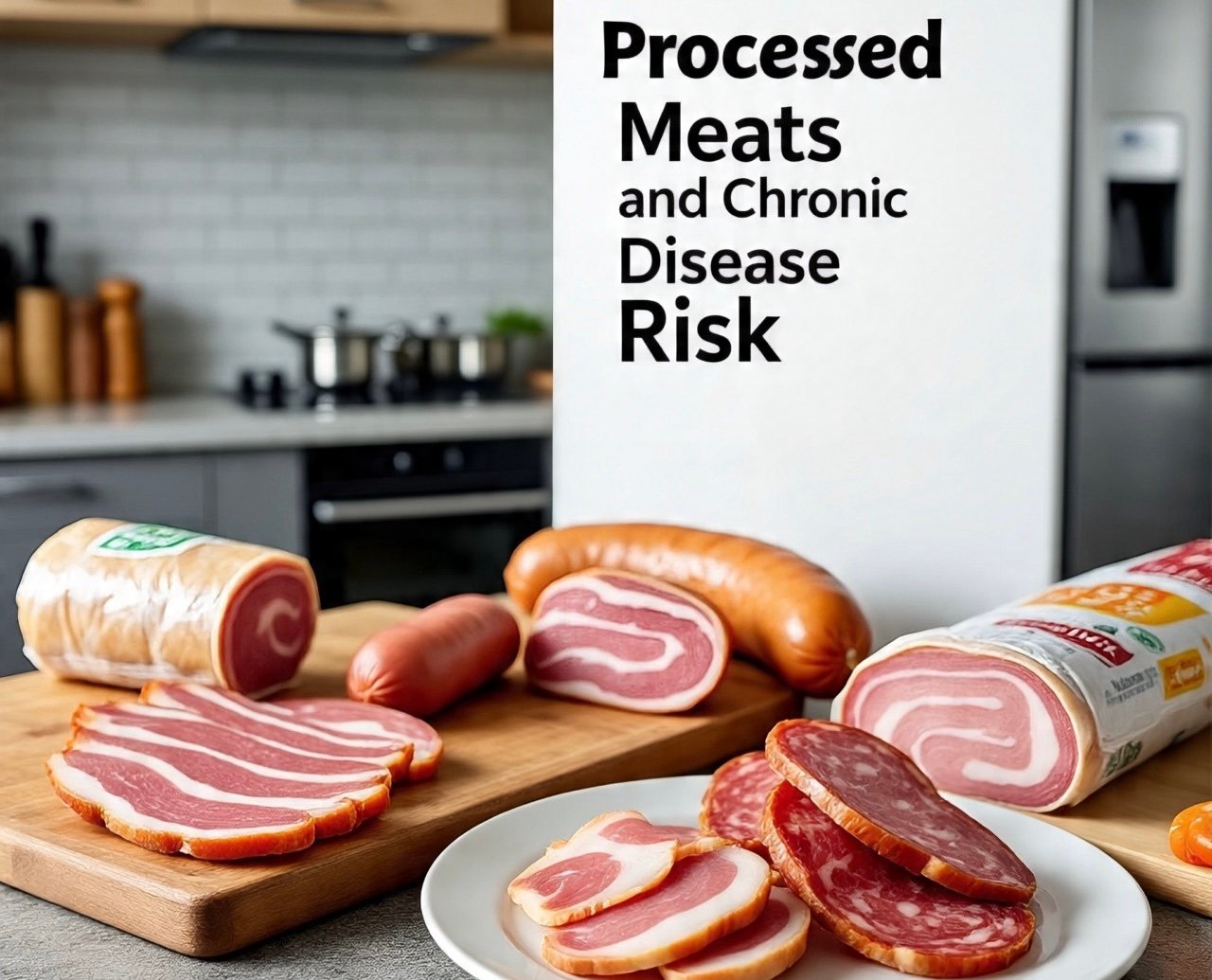A major study by the University of Warwick warns that teenagers who sleep poorly or wake frequently at night face a significantly higher risk of suicide attempts by late adolescence. Published in Sleep Advances, the research tracked how disrupted sleep at age 14 predicted suicide attempts by age 17, even after accounting for depression, family background, and income.
Researchers found that sleep problems alone can double suicide risk, independent of other mental health conditions.
“Poor sleep isn’t just a symptom of mental health issues—it’s a standalone risk factor,” said Michaela Pawley, PhD candidate at Warwick’s Department of Psychology.
A Startling Reality: When Sleep Loss Becomes Life-Threatening
Suicide remains one of the leading causes of death among young people in the UK and across the world. In an era where late-night scrolling, academic stress, and digital distraction dominate teenage life, the Warwick study provides a chilling insight into how lack of quality sleep directly affects emotional resilience.
Analyzing data from more than 8,500 adolescents in the Millennium Cohort Study, researchers discovered that teens who slept less than seven hours or woke multiple times nightly were over twice as likely to attempt suicide by age 17 than peers who slept well.
Short Sleep and Night Awakenings Outweigh Traditional Risk Factors
The study revealed that inadequate sleep duration and nighttime awakenings were stronger predictors of suicide risk than depression or financial hardship.
“Sleep deprivation erodes mental defences and impairs decision-making,” said Professor Nicole Tang, Director of Warwick’s Sleep and Pain Lab. “Helping teens improve their sleep could save countless lives.”
Even when adjusting for mental health history and family conditions, sleep problems remained a clear, independent danger—highlighting how critical rest is to emotional stability and self-control.
Why Poor Sleep Deeply Impacts Teen Mental Health
Sleep supports the brain’s emotional and cognitive balance, especially in regions like the prefrontal cortex and amygdala. When sleep becomes fragmented, these systems malfunction, reducing impulse control and amplifying emotional distress.
This explains why sleep-deprived teenagers are more prone to hopelessness, mood swings, and impulsive thoughts. Moreover, nighttime rumination—replaying negative experiences while awake—worsens anxiety and depression, fueling a destructive cycle of fatigue and vulnerability.
The Protective Role of Cognitive Skills
Interestingly, teens with stronger decision-making and problem-solving skills showed some protection against poor sleep’s effects. However, this resilience disappeared in adolescents facing chronic sleep disruption, indicating that long-term sleep loss can erode even healthy coping mechanisms.
“Building cognitive and emotional skills alongside promoting sleep hygiene can strengthen youth resilience,” said Pawley.
Understanding Adolescent Sleep Struggles
Teenagers experience a natural biological shift that delays melatonin release, making them fall asleep later. Combined with academic pressure, social media use, and early school timings, many teens suffer chronic sleep deprivation.
Experts recommend:
- Encouraging consistent sleep schedules, even on weekends.
- Reducing screen time and caffeine intake in the evening.
- Practicing mindfulness or stress-relief routines before bed.
- Advocating for later school start times to match teen biology.
International evidence shows that schools adopting later start times report improved student mood, focus, and reduced self-harm.
Integrating Sleep into Suicide Prevention Strategies
The Warwick researchers urge policymakers and healthcare providers to include sleep assessments in mental health screenings for adolescents. Chronic insomnia or frequent night awakenings could serve as early warning signs of emotional distress and suicidal thinking.
Since sleep issues are measurable and treatable, interventions like Cognitive Behavioural Therapy for Insomnia (CBT-I), parental guidance, and school-based awareness campaigns can provide low-cost, effective prevention.
“Better sleep isn’t just self-care—it’s suicide prevention,” emphasized Professor Tang.
Q&A: Understanding Teen Sleep and Mental Health
Q: How much sleep do teenagers really need?
A: Teens should get 8–10 hours of sleep each night for optimal mental and physical health.
Q: Does poor sleep always indicate depression?
A: Not always. Even in the absence of depression, irregular or short sleep can increase suicide risk.
Q: What can parents do to help?
A: Create tech-free nights, promote calming bedtime routines, and monitor sleep pattern changes closely.
Q: Should schools promote sleep education?
A: Absolutely. Incorporating sleep hygiene education and adjusting school timings improve student wellbeing and mental health outcomes.
FAQ: Common Concerns About Teen Sleep and Suicide Risk
Q1: Can improving sleep reverse suicide risk?
Yes. Quality rest improves emotional regulation and decision-making, lowering impulsive tendencies.
Q2: Are boys and girls affected differently?
Both genders show similar patterns, though social pressures may influence risk differently.
Q3: When should sleep education begin?
Ideally in primary school, helping children establish lifelong sleep routines.
Q4: Is medication necessary for teen insomnia?
Not usually. Behavioral strategies and therapy work better and are safer than medication.
Conclusion: Sleep as a Lifeline for Teen Mental Health
The University of Warwick study sends a crucial message: poor sleep is not harmless—it’s a red flag for suicide risk. Adequate rest is essential for emotional control, resilience, and survival.
“Teenagers need environments that make good sleep possible,” said Professor Tang. “Because good sleep can save lives.”
By treating sleep as a public health priority, parents, educators, and policymakers can protect the next generation from preventable tragedies.
⚠️
Disclaimer
The information provided in this article is for general informational purposes only and should not be considered medical advice. Always consult a qualified physician or healthcare professional before starting any new health practice, treatment, or following the tips mentioned here.




